
A Birmingham student has described balancing his studies with volunteering as a paramedic at the Romania-Ukraine border this year as he warned the UK public the reality and horrors of war are “very different” from their TV screens.
Andy Stanciu, 21, a student at Birmingham City University studying BA Policing and Investigations Studies, worked as a first responder for the Romanian fire department before moving to England in 2020.
However, when Russia invaded Ukraine in February 2022, Andy was called back to the Romanian border town, Siret, as a first point of contact for Ukrainian refugees fleeing the horrors of the war.
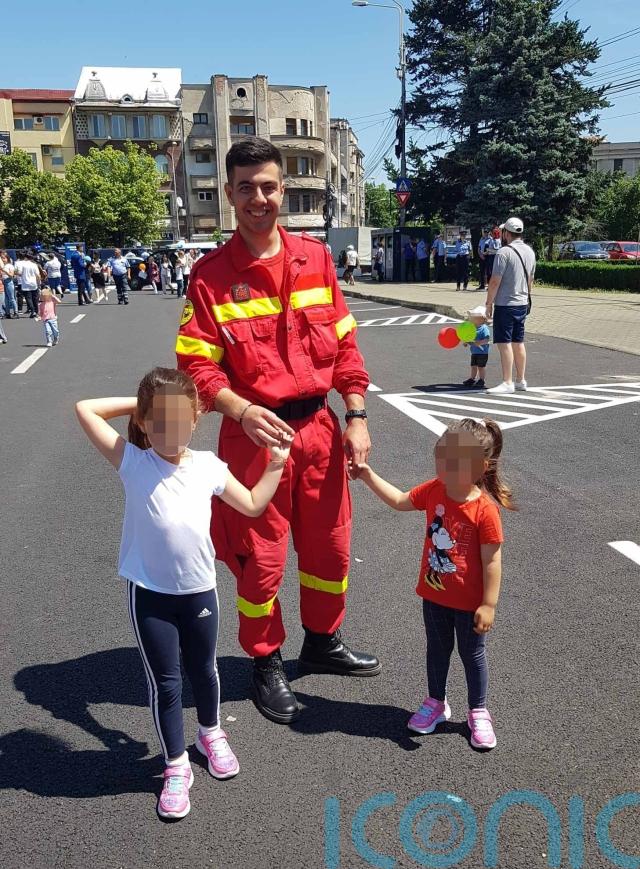
Revealing the highs and lows of working at the border, Andy, who is now back in the UK studying, is keen to remind people to be kind to Ukrainians in the UK.
“I’ve seen a lot as a paramedic, but what I saw on the border will stay with me,” said Andy.
“If I was asked I would go again. I want to help people, no one wants this to get worse and this is my way of being able to help.”
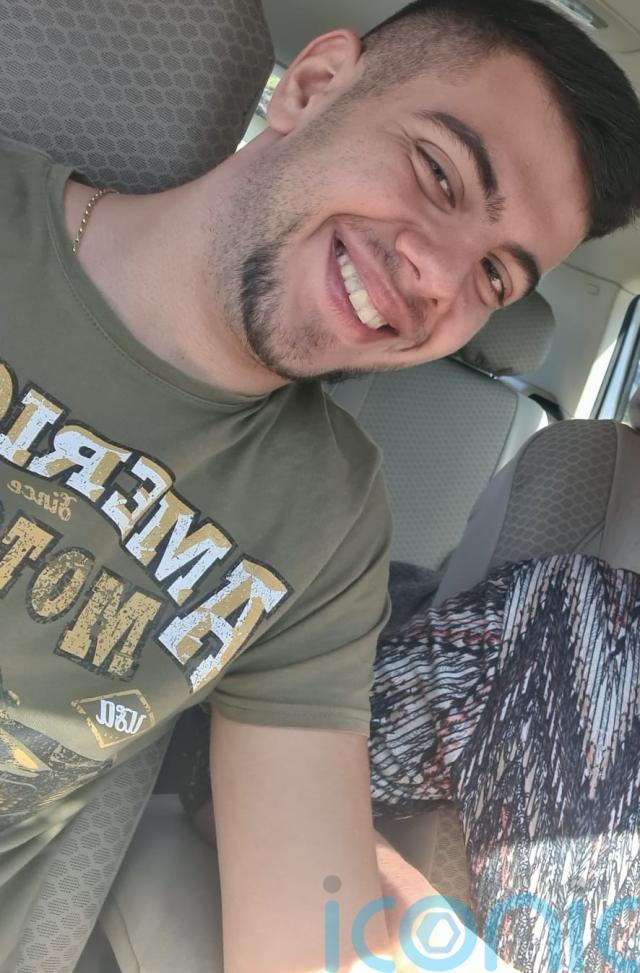
Volunteering with the fire department from just 16 years old Andy progressed to become a paramedic with the fire service.
“When I was a kid, I was afraid of blood and needles,” explained Andy.
“So one day I just told myself if I want to get over this fear, I should try this out.”
He added: “I completely loved it. Then I became a paramedic and did some courses as a firefighter.”
Moving to the UK in 2020 to start his degree at Birmingham City University, Andy was horrified when Russia invaded Ukraine on February 24 2022 during his second year of university.
“I was scared,” said Andy.
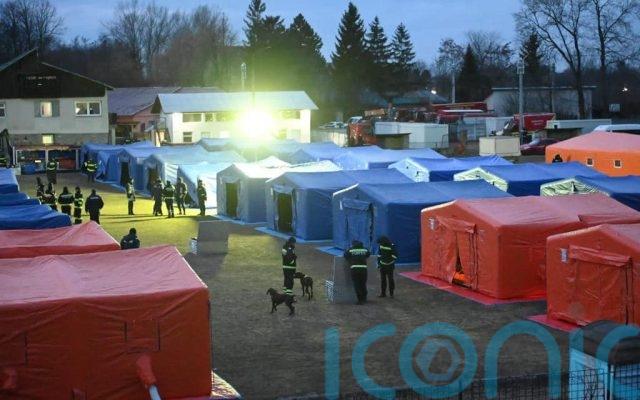
He added: “Romania was a communist country before, I had many fears that Romania would be attacked as well, maybe by mistake or maybe by intention.”
So, when he was called to the border just a few weeks later in March 2022 to aid refugees, Andy didn’t hesitate to help.
“It was a once in a lifetime opportunity,” he said.
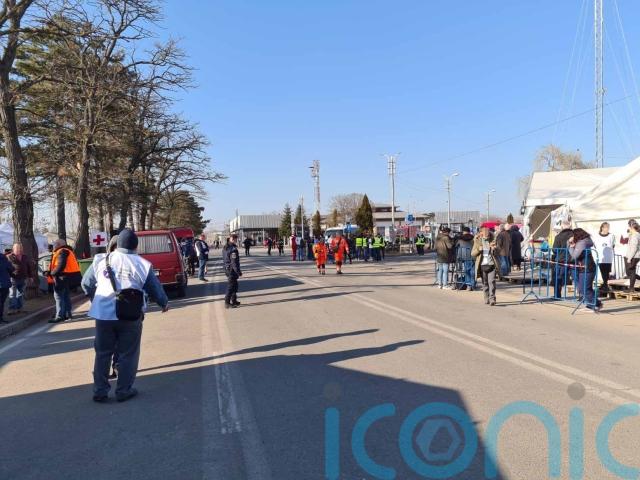
He added: “I was in the UK when I found out. I had to return to my hometown, Ploiesti and then go to the border. The team were fantastic and we instantly bonded.
“I was based on the Romanian border in Siret, it was about 20 kilometres from a very large city in Ukraine, Cernauti, which we were afraid of being bombed.
“It was a huge operation. One camp I worked in had 2,000 to 3,000 people coming in per day. We had around 100 tents that had 10 places in each. So, it was a lot of people.”
He added: “We then had doctors, vets, child protective services, military, secret services, and welfare officers all working together to help.”
Working as a first point of contact for refugees fleeing the border, Andy described the joy and relief many Ukrainians felt.
“People were so happy to be in Romania,” he said.
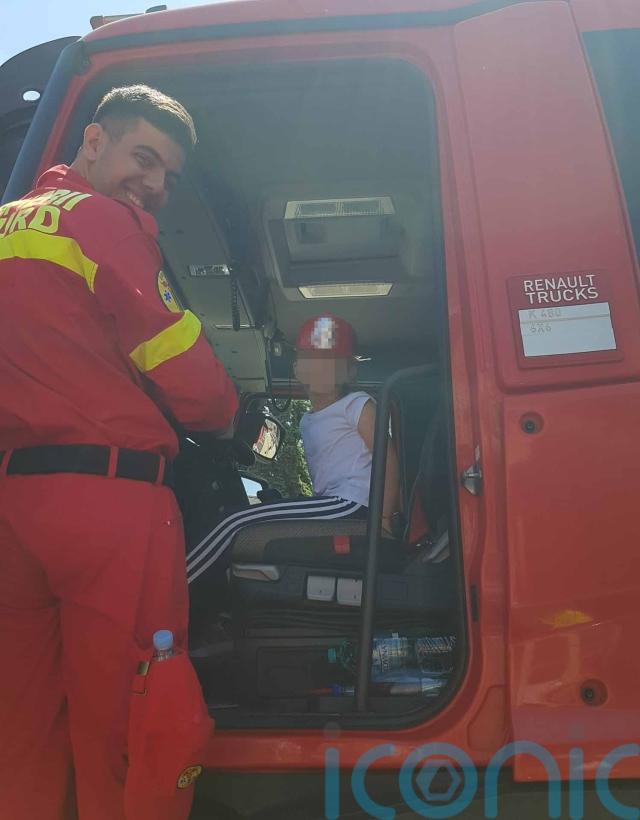
He added: “They were so happy being in a country that wasn’t going to harm them, they were finally safe.
“People would hug me and cry.”
However, Andy said many were traumatised.
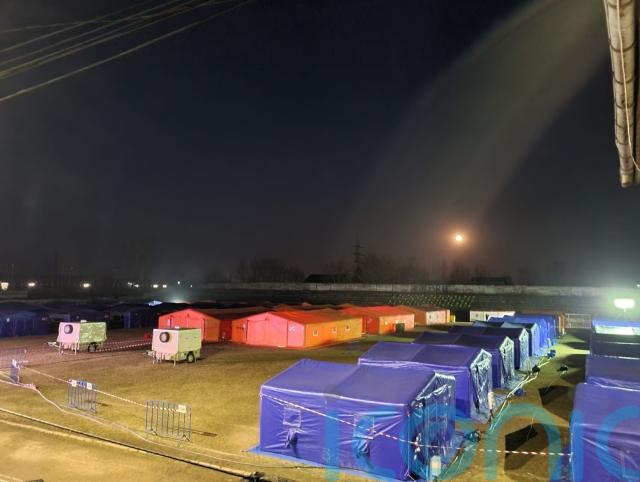
“They were coming in injured and sick,” he said.
“They had nothing on them, sometimes a passport but many didn’t have documentation.
“They were forced to run and leave everything behind. It’s pretty tough.”
He added: “A lot of people were in pain; emotional pain is well. Families that were separated, fathers fighting in Ukraine.
“It was traumatic seeing children travelling alone. I’ve seen a lot of horrible things as a paramedic from trains derailing to plane crashes.
“But seeing young children travelling completely alone was hard. You just keep thinking that kid is going to live alone, probably for the rest of their life or if not for a very long time of their life.”

He added: “One day I had a group of 17 or 18 kids crossing the border, all aged between six and 15 years old. That was a horrible day for me.”
One case stood out for Andy – that of a six-year-old boy.
“A kid came in alone, he was six years old,” he said.
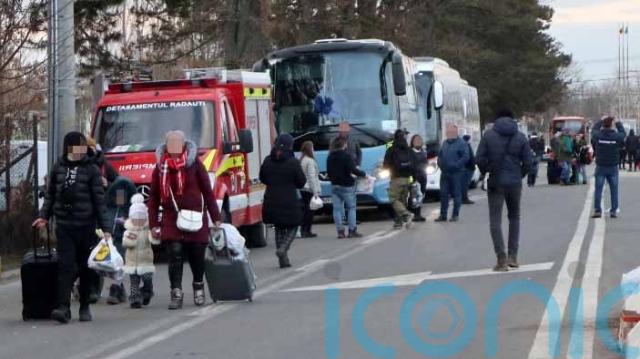
He added: “He didn’t speak English, so I asked a woman from Child Protective Services who was Ukrainian to help.
“He was torn up; his clothes were ripped. He had been away from home for three or four days and had walked to the border on his own.
“I went and got him some clean clothes. We got a t-shirt out and went to change him and there was his name, date of birth, address, blood type and name and phone number of his parents written in permanent marker on his back, on his skin.”
He added: “I’ll never not see that. It was a tough moment.”
Luckily, Andy managed to contact the mother but fears the family may not be reunited.
“Fortunately, the mother picked up the phone, we assured her her son was ok and was going to be placed with a great family.”
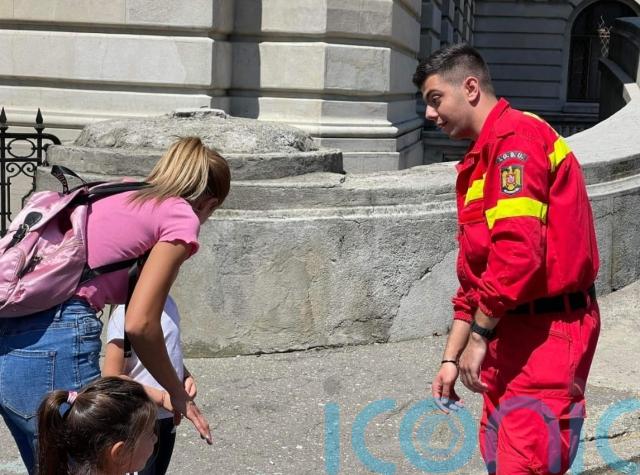
He added: “She just started crying down the phone.
“It was an emotional moment. I couldn’t stop thinking that kid may not see her again.”
After over a month working across the border, Andy returned to his studies in Birmingham but said he would not hesitate to return if called.
“I returned at the beginning of April,” he said.
“I had my exams a week after I retuned, so I had to revise for those. I passed first try though.
“My whole team agreed that if we had the opportunity to go back we would. It was a tough experience, but we gave our best to help the people there.”
He added: “Nobody wants this to happen, it’s extremely horrible. We don’t want history to repeat.”
Now the student is keen to remind people the reality of war is very different.
“Not everything that you see on screen is exactly how you see it in reality,” explained Andy.
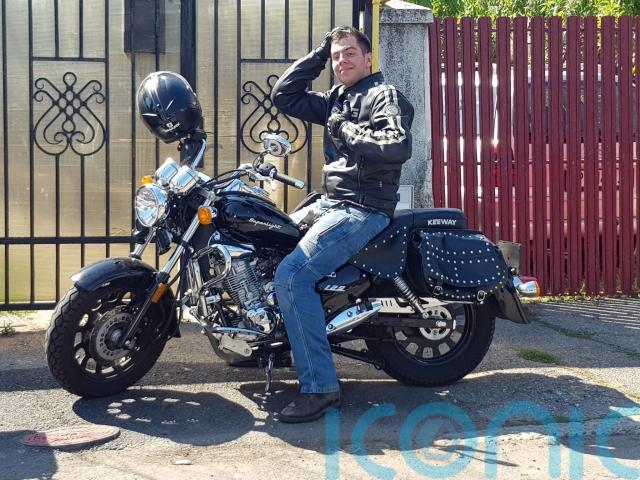
He added: “There is a lot of fake propaganda out there to influence both sides, I’m not going to point any fingers, this isn’t about the UK this is a worldwide problem.
“It was a big operation and everyone was trying to help, we made huge efforts to keep everything in order and aid refugees as best we could.”
However, his biggest fear for the future is the well-being of refugees as they try to rebuild their lives.
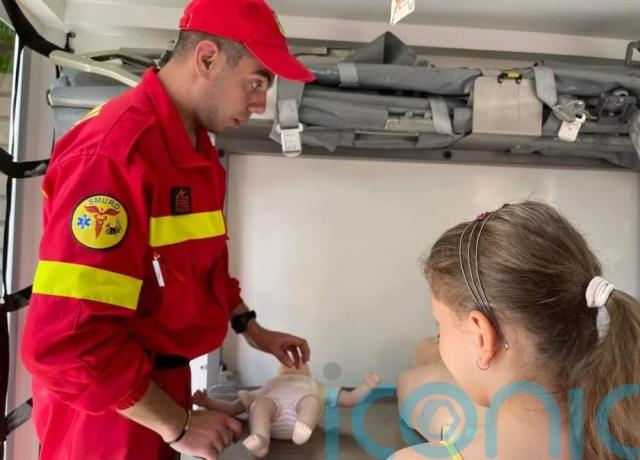
“I’ve seen people harass refugees for not staying and fighting,” said Andy.
“The emotional damage that it causes is horrible. Put yourself in their shoes, I heard people outside of Ukraine saying they would stay and fight, but they’re not in a war zone, we would all be terrified in their situation.
“We need to help them feel safe, to encourage them that everything is going to be alright.”
Andy said people can help with the efforts to help Ukrainians by supporting charities.
“There is always a high demand for baby supplies and clothes. Many people just leave with a few clothes and nothing else.
“No identification, no phone, no laptop. They need our support to rebuild after everything they have been through.”
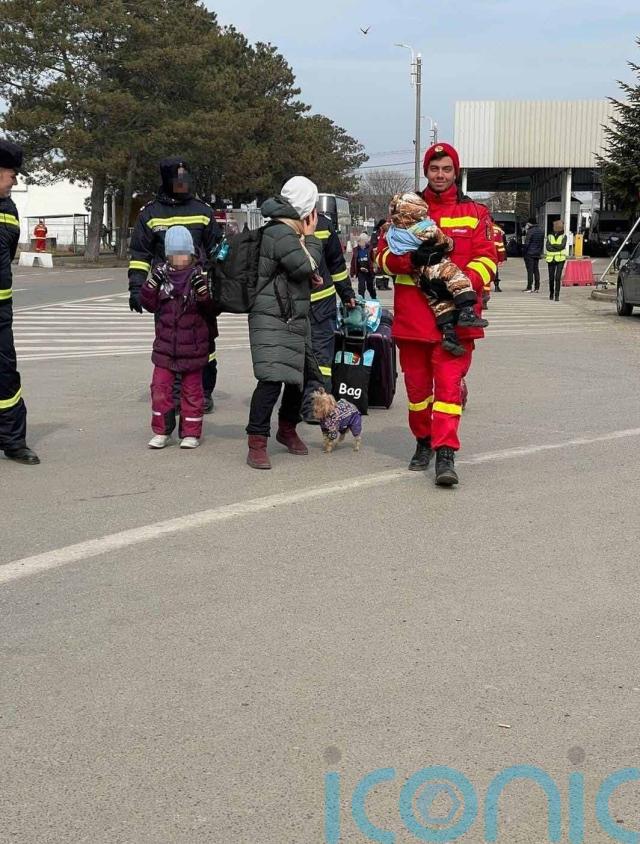
He added: “Unfortunately some people are trying to make money off other people’s backs.”
“So make sure you research about the charity that you want to donate to. Any little help can be a great treasure.”
Subscribe or register today to discover more from DonegalLive.ie
Buy the e-paper of the Donegal Democrat, Donegal People's Press, Donegal Post and Inish Times here for instant access to Donegal's premier news titles.
Keep up with the latest news from Donegal with our daily newsletter featuring the most important stories of the day delivered to your inbox every evening at 5pm.